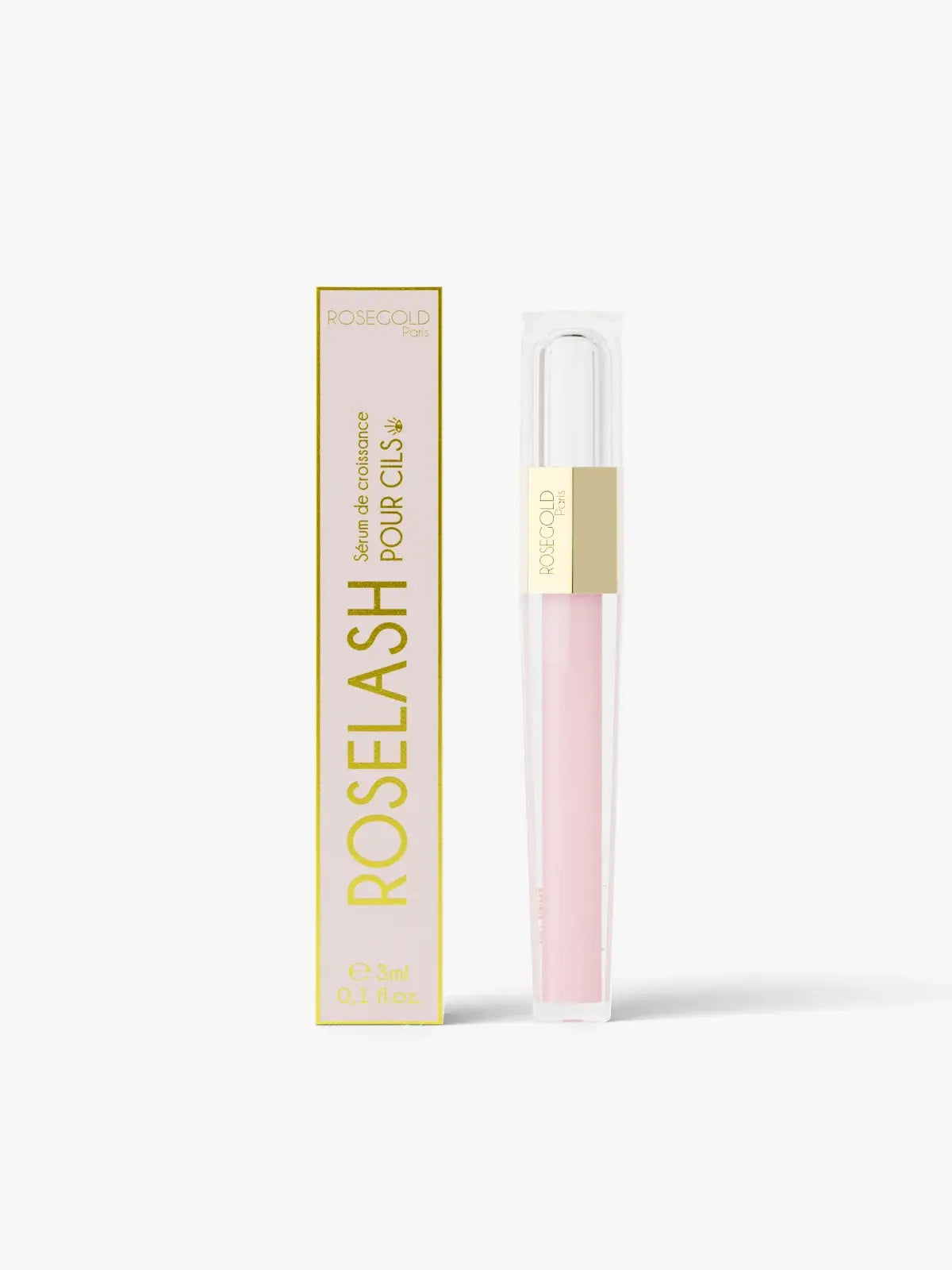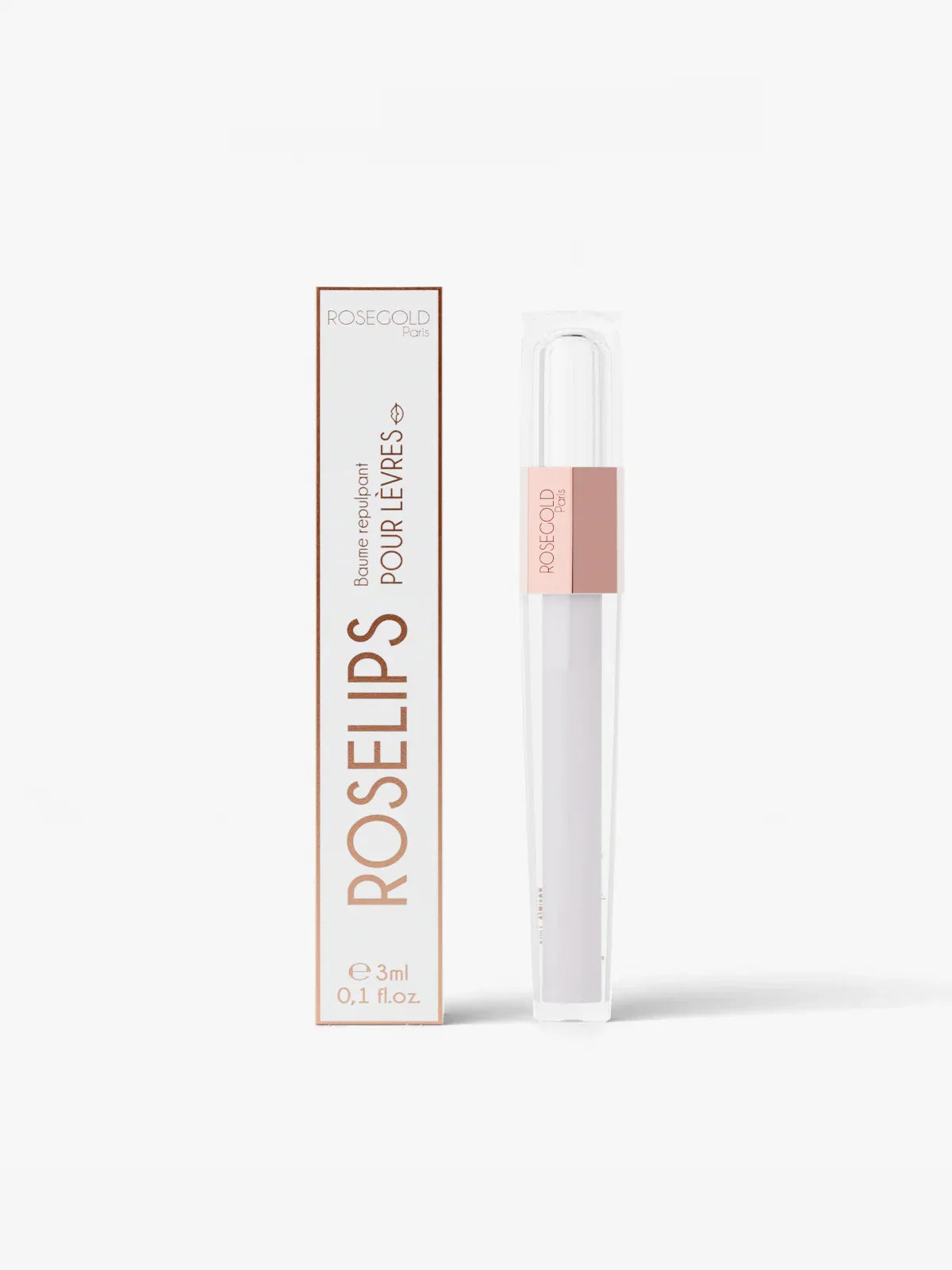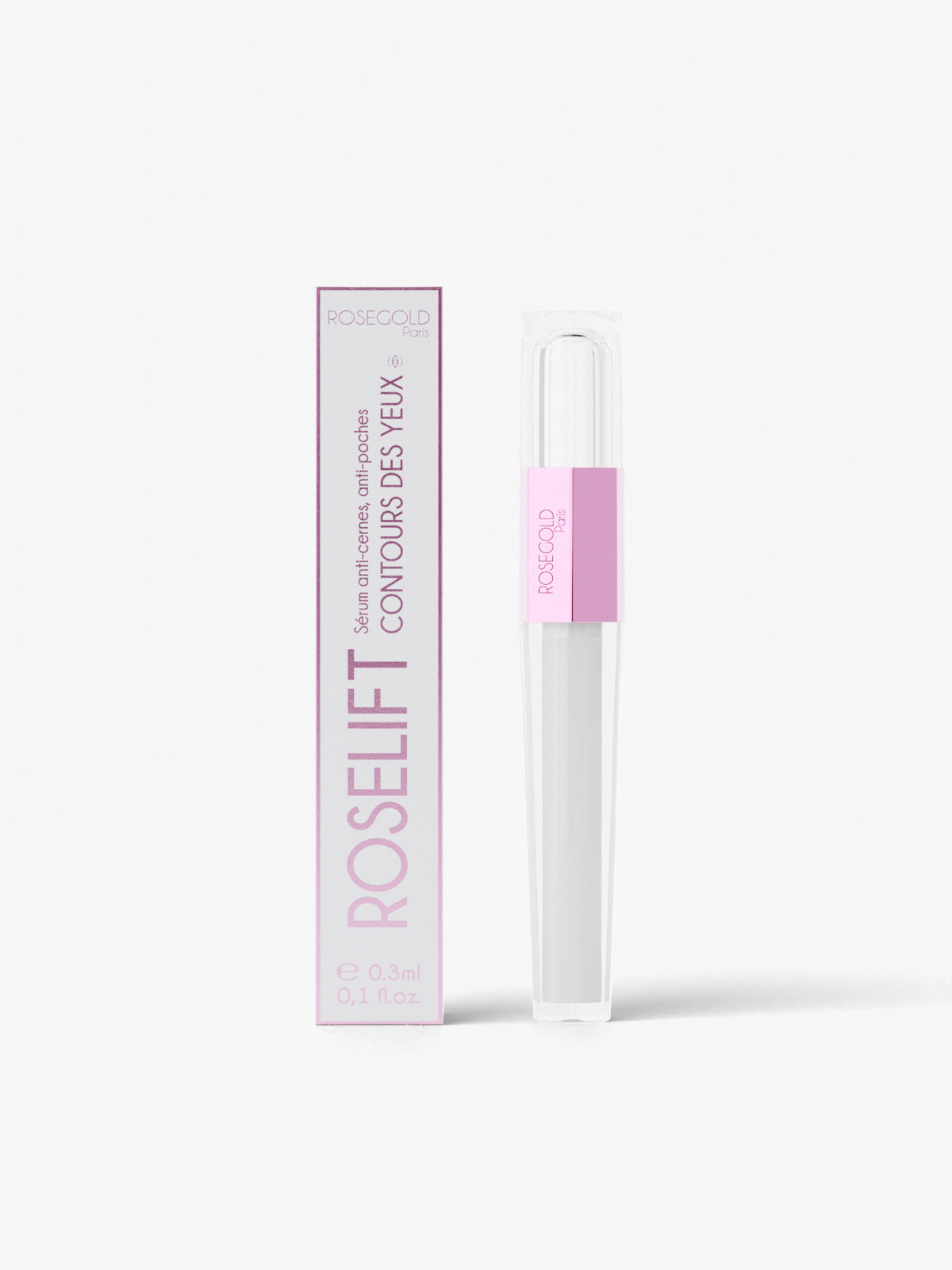
Utilisés en médecine esthétique pour traiter les signes de l'âge et l'affaissement de la peau le botox et l'acide hyaluronique peuvent souvent être confondus. Ils n'agissent pourtant pas de la même façon ! Comment faire la différence ? On fait le point.
La différence entre botox et acide hyaluronique
Le botox et l'acide hyaluronique sont tous deux des traitements cosmétiques injectables utilisés pour réduire les signes de vieillissement et améliorer l'apparence de la peau, mais ils agissent différemment !
Qu'est-ce que le botox exactement ?
Le botox, ou toxine botulique, est une protéine produite par une bactérie appelée Clostridium botulinum. Injecté directement dans les muscles responsables des rides d'expressions (comme les fameuses pattes d' oie), rides profondes et des ridules, le botox bloque temporairement les signaux nerveux qui stimulent ces muscles, entraînant leur relaxation et réduisant l'apparence des rides. Les effets du botox durent généralement de trois à six mois.
Qu'est-ce que l'acide hyaluronique exactement ?
L'acide hyaluronique est une substance naturelle présente dans le corps, en particulier dans la peau et les articulations. Lorsqu'il est injecté dans la peau, il comble les rides et les plis en ajoutant du volume aux pommettes par exemple, et de la fermeté à la peau. Contrairement au botox, qui agit en bloquant les signaux nerveux, l'acide hyaluronique agit directement sur la peau en lui donnant du volume comme un produit de comblement.

En résumé, le botox (relaxant musculaire) et l'acide hyaluronique (produit de comblement) sont tous deux des traitements injectables populaires pour réduire les signes de vieillissement, mais ils agissent différemment. Le botox bloque les signaux nerveux qui stimulent les muscles responsables des rides d' expression, tandis que l'acide hyaluronique ajoute du volume et de la fermeté à la peau en la comblant !
Quelle est la durée des traitements ?
Botox et acide hyaluronique sont des solutions passagère qu'il faut renouveler si on souhaite prolonger leur résultat. Combien de temps exactement dure une injection de botox ? Quid de l'acide hyaluronique
Pour le botox ?
Le temps exact que dure le résultat d'injections de toxine botulique diluée peut varier d'une personne à l'autre. Tout dépend et varie en fonction de divers facteurs tels que : la zone traitée, la quantité de produit injecté, la force musculaire individuelle et la réponse de l'organisme. En moyenne, les résultats d'une injection de Botox durent généralement entre trois et six mois.

Après cette période, les effets du Botox commencent à diminuer progressivement et les muscles commencent à se réactiver, ce qui peut entraîner un retour des rides et des ridules dans la zone traitée. C'est pourquoi les injections de Botox doivent être répétées régulièrement pour maintenir les résultats souhaités! Il est important de noter que le Botox ne procure pas de résultats permanents et que les injections doivent être effectuées par un professionnel qualifié pour minimiser les risques et assurer un traitement efficace.
Pour l'acide hyaluronique ?
Tout comme pour le botox, la durée de traitement d'une injection d' acide hyaluronique dépend de plusieurs facteurs, notamment de la zone traitée, la quantité de produit injecté, la qualité du produit utilisé, ainsi que les caractéristiques individuelles du patient, telles que son âge, son mode de vie et son métabolisme. En moyenne, les résultats d'une injection d'acide hyaluronique durent entre six mois et un an, ce qui est beaucoup plus que le botox.
Cependant, il est important de noter que certains patients peuvent constater des résultats encore plus durable ! Le médecin ou le professionnel de santé qui réalise l'injection pourra donner une estimation plus précise de la durée des résultats en fonction de votre cas particulier. Encore une fois, tout comme le botox il est important de savoir et comprendre que les résultats des injections d'acide hyaluronique, ne sont pas permanents ! De ce fait, des injections régulières sont nécessaires pour maintenir l'apparence souhaitée... Comme pour toute procédure esthétique, il est important de discuter de tous les risques et avantages potentiels avec un professionnel qualifié avant de prendre une décision.
Sachez qu'un traitement sous botox ou acide hyaluronique n'empêche pas de continuer votre routine skincare habituelle ! Vous pouvez (et devez) ainsi continuer à prendre soin de votre peau à l'aide de votre sérum, crème ou lotion habituelle. Les produits ROSEGOLD formulés en grande partie de façon naturelle peuvent aider à votre routine !
Quels sont les effets indésirables de ces deux traitements ?
Comme pour toutes choses, ce genre de traitements peut avoir des effets indésirables et demande de respecter les règles à suivre dans les premiers jours suite aux injections (notamment la liste des choses à éviter après une injection d'acide hyaluronique ou de botox).
Il est important de les prendre en compte les effets indésirables avant de se décider dans le choix de l'un ou l'autre. En cas de doute, assurez-vous d'en discuter avec le médecin esthétique chargé d'opérer les injections.
Pour le botox ?
- Des ecchymoses, des rougeurs ou des gonflements au site d'injection
- Des maux de tête
- Une douleur ou une sensibilité au site d'injection
- Des nausées
- Une faiblesse musculaire temporaire
Dans de rares cas, le Botox peut entraîner des effets indésirables plus graves, qui peuvent engendrer une éviction sociale, notamment :
- Une réaction allergique au Botox, qui peut entraîner une éruption cutanée, des démangeaisons, un gonflement ou une difficulté à respirer.
- Une faiblesse musculaire excessive, qui peut affecter les muscles non ciblés et entraîner des difficultés à avaler, à parler ou à respirer.
- Une ptôse ou une chute de la paupière supérieure, qui peut affecter la vision.
- Une difficulté à parler ou à avaler.
Pour l'acide hyaluronique ?
- Un gonflement, des rougeurs, des ecchymoses ou une douleur au site d'injection
- Des nodules sous-cutanés
- Des démangeaisons, des picotements ou une sensation de brûlure au site d'injection
- Une sensibilité au toucher
Tout comme pour le botox, l'injection d'acide hyaluronique peut entraîner des effets indésirables plus graves, notamment :
- Une réaction allergique, qui peut entraîner une éruption cutanée, des démangeaisons, un gonflement ou une difficulté à respirer.
- Une infection au site d'injection
- Une occlusion vasculaire, qui peut entraîner une nécrose cutanée ou une cécité.

















